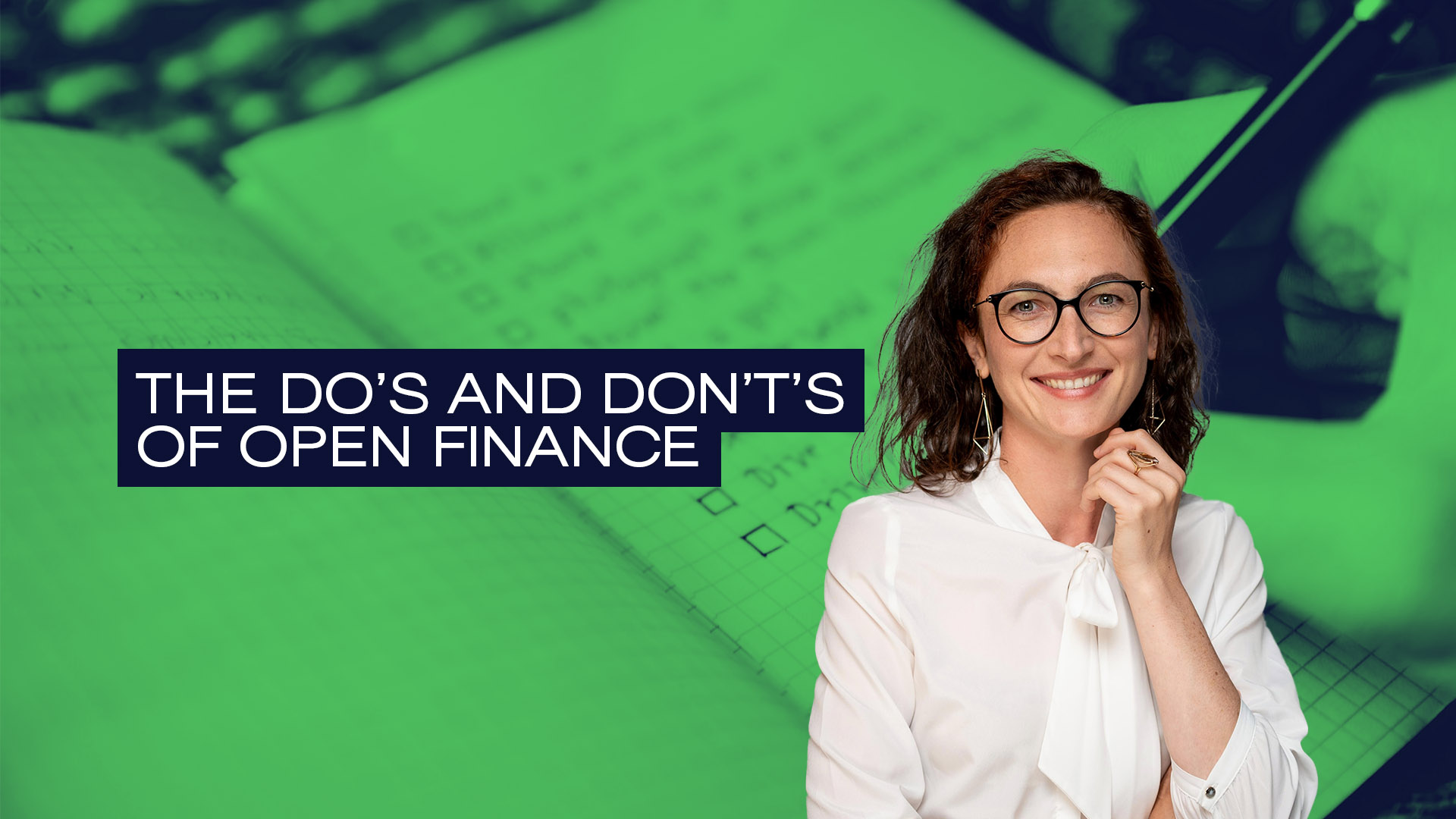The Do’s & Don’t’s of Open Finance

A few months ago, the European Commission published the review of PSD2 as well as a proposal for the long-awaited Open Finance Framework legislative proposal. If PSD3 and PSR are more of an evolution of PSD2, the real revolution lies in FiDA (Financial Data Access, the new and official name for the Open Finance Framework). The final timetable is still to be defined, yet, Open Finance will require important strategic, technological, and operational transformations in many of the companies concerned by this new proposal.
Subject to the end-customer permission, financial institutions will have to provide third parties with certain customer data continuously and in real time. Such provision of data shall be performed in the context of a financial data sharing scheme, which will determine notably the compensation that the data holder can request for such provision of data. In other words, Open Finance becomes a reality with FiDA and will present a myriad of opportunities for all stakeholders – financial institutions, third-party providers, but also private companies or public administrations.
Entering into Open Finance, or switching from Open Banking to Finance, could be challenging for some organisations and means incremental transformations on several key aspects. Today, we share our ‘Open Finance Do’s and Don’t’s’ and hope to help/support/accompany you in this exciting transition.
DO’S
- Anticipate your role in this new ecosystem. The scope of FiDA has been defined. Besides the communicated data sets, one key question to ask is what your role will be in this new Open Finance economy. Do you qualify as a ‘data holder’ or ‘data user’? Or both? Therefore, the next step is obviously to understand the implications of Open Finance and define the use cases you wish to pursue, the benefit of your organisation (in terms of efficiency, processes, for instance) and your customers, with added-value services that you could provide them with.
- Take part in the discussions that will help define financial data-sharing schemes. The definition of data-sharing schemes will be one of the keys to the success of Open Finance, even before it actually exists. Unlike Open Banking, the financial data-sharing schemes are to be defined by the industry and its key players. Be one of those players.
- There’s more in The Paypers’ Open Banking Report 2023
DON’T’S
- Close your eyes and let competitors take advantage. Many questions need to be answered upfront. And even if we are almost 2 years ahead of actual Open Finance – and the timeline laid down by the European Commission is very ambitious – start laying down your overall strategy because most of your competitors have already started investigating Open Finance and its many opportunities. What place do you want to have in this new game of chess? First mover? Follower? Don’t take part in it (as if that was even possible…)?
- Do everything on your own. Collaborate with companies that have developed deep expertise in the fields of Open Banking (from compliance to connectivity) and with the ones that have already started to explore the infinite possibilities brought by Open Finance. As FiDA relies mainly on Application Programming Interfaces, pick a partner that already runs an API platform and that has a proven track record using this technology.
- And more Don’t’s…
Download the report to read more
Source: The Paypers